Train More
Any training method that is effective in a minimal amount is more effective in a slightly greater amount. In other words, the maximally beneficial dosage of any given training method is always greater than the minimal effective dosage.
This is even true of methods such as high-intensity interval workouts that are notoriously destructive when done in large amounts. A training program that consists of one high-intensity workout per week and six days of rest will not be as effective as a program that consists of two high-intensity workouts and five days off.
Low-intensity training is exponentially less stressful to the body and mind than is moderate- or high-intensity training. For this reason, the maximally beneficial dosage of low-intensity training is many times greater than the maximally beneficial dosage of moderate- or high-intensity training. Once you've rebalanced your training so that you are spending 80 percent of your total training time at low-intensity, therefore, the next thing you'll want to do is increase your overall training volume.
In addition to heeding the 80/20 rule, all professional triathletes maintain very high training volumes. The reason they do it is that it works. As an age-grouper, you don't have as much time to train as the pros do, and you probably aren't willing to sacrifice as much to become the best triathlete you can possibly be. Only you can decide how much time you're comfortable devoting to training. But even a modest or temporary increase in your training volume is likely to yield significant improvement (provided you're already obeying the 80/20 rule).
If you do decide to train more, proceed slowly. In any given season of racing, your peak training volume in hours per week should be no more than 20 percent greater than it was in the preceding training cycle. So if you peaked at seven combined hours of swimming, cycling, and running per week in your last training cycle, aim for about 8.5 hours in the next.
Also, listen to your body. Remember, you're not increasing your training volume for its own sake—you're doing it to improve. If you stop improving or start to feel consistently lousy, back off.
Take Swimming Lessons
Most triathletes don't have backgrounds in competitive swimming, and most triathletes without prior competitive swimming experience are weakest in this discipline. Proficiency in freestyle swimming is all about technique.
You cannot master the freestyle stroke on your own. One-on-one instruction from a qualified coach is likely to yield more improvement in four weeks than you'll get from four years of trying to figure it out for yourself. To find a good coach in your area, start by contacting your local U.S. Masters Swimming program.
More: Triathletes: Why You Need a Swim Coach
Focus on Your Weakest Discipline (in the Offseason)
Triathletes commonly put the least effort into the discipline they least enjoy. More often than not, the discipline triathletes least enjoy is the one they are weakest in. This is a problem, because triathletes have the most opportunity for improvement in their weakest discipline.
On the other hand, you don't want to go too far in the other direction. If you neglect the other two disciplines for the sake of shoring up your greatest weakness, you will lose some of the advantage you hold in your strongest leg of a triathlon. When you are preparing for an upcoming race, you should give equal attention to swimming, cycling, and running. If you work out six times per week, you should do two swims, two rides, and two runs. If you workout out nine times, do three sessions in each discipline, and so forth.
The time to concentrate on improving your weakest discipline is the offseason. At this time, reduce your training in your two stronger disciplines to one session per week and train more or less daily in the other. Target a race or other event in that sport. For example, if cycling is your weakness, train for and complete a Gran Fondo or a 40K time trial. By the time you finish this process and return to balanced triathlon training, you will be a better cyclist.
- 2
- of
- 3
About the Author

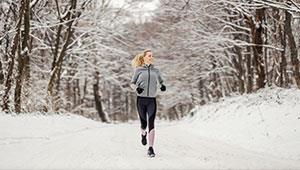
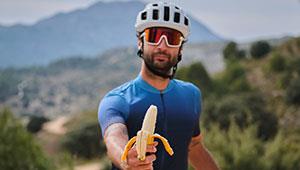
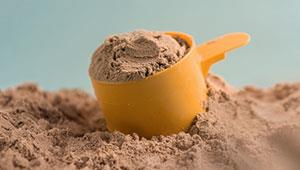
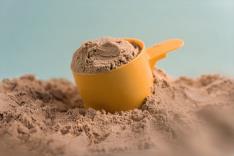
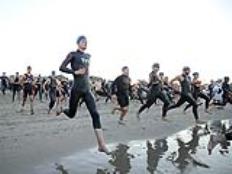


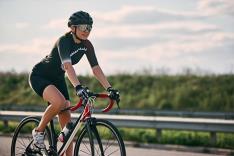
Discuss This Article